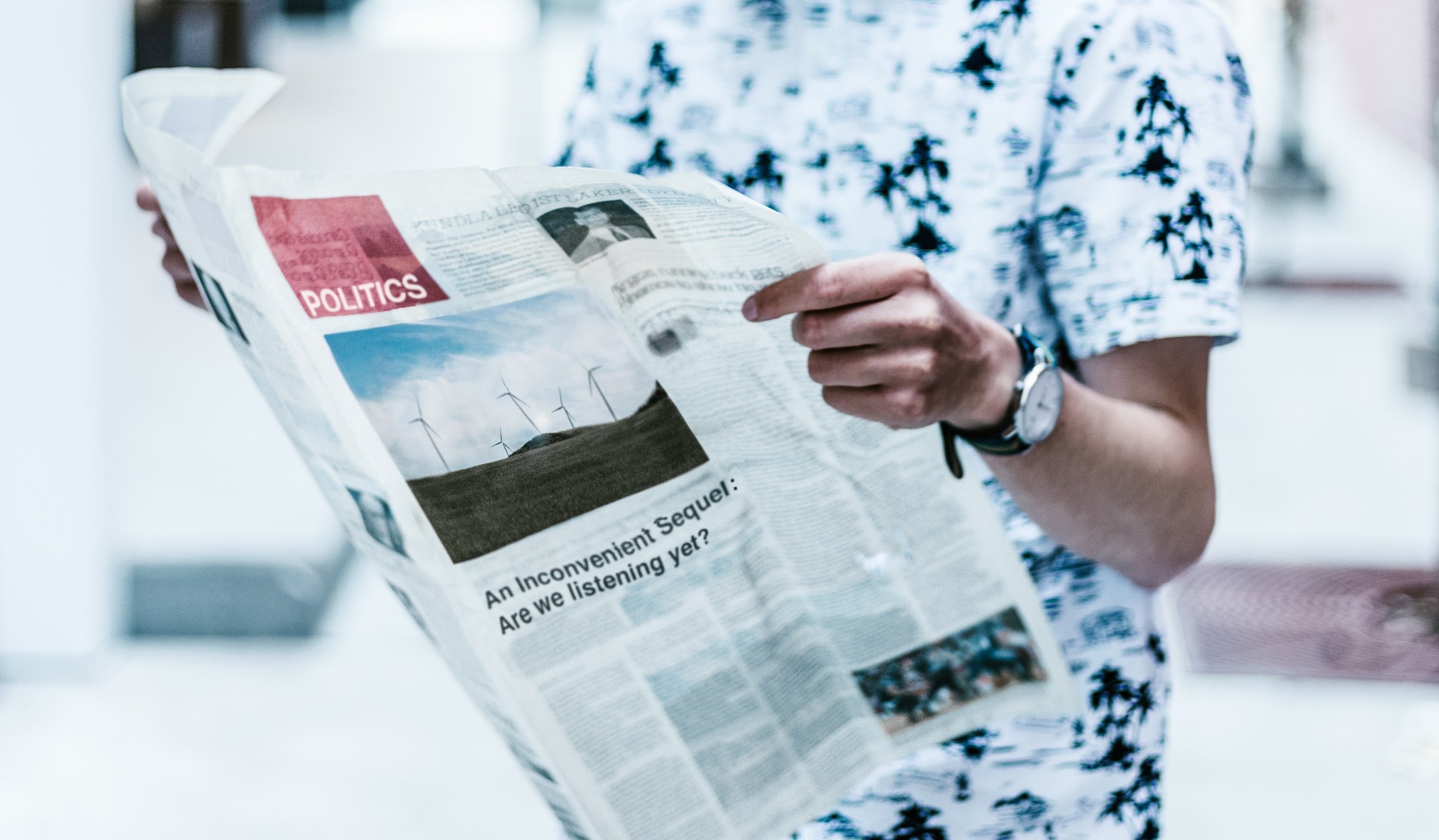
News & Advocacy
MMF-US New Advocacy Committee
In an effort to enhance MMF-US's advocacy work, we have created an Advocacy Committee to identify issues affecting our community and develop and implement strategy around advocacy efforts.
If you are interested in joining the MMF-US Advocacy Committee, have issues, ideas, or concerns for the committee's review, or simply interested in learning more, please email MMF-US's Advocacy Committee Chair, Chris Hardin here.

News
Fans First Act & TICKET Act
The newly introduced bipartisan Fans First Act (S 3457) is co-sponsored by Senators John Cornyn (R-TX), Amy Klobuchar (D-MN), Marsha Blackburn (R-TN), Peter Welch (D-VT), Roger Wicker (R-MS), and Ben Luján (D-NM). Fix The Tix, the NIVA led Coalition, of which the MMF-US is a member, supports this act (see press release below). We also support the bipartisan TICKET Act (HR 3950) sponsored by Reps. Bilirakis, Schakowsky, and Armstrong, which passed out of the House Energy and Commerce Committee. The Fans First Act aims to ban the sale of fake tickets, make deceptive marketing illegal, require transparent ticket pricing, and establish clear penalties for violations. The coalition sees the act as a crucial step toward comprehensive ticketing reforms, echoing the principles of the bipartisan TICKET Act in the House. They view such reforms as essential to rectifying the current disarray in ticket purchasing caused by predatory secondary sellers, with the ultimate goal of benefiting consumers and fostering a better connection between fans and artists.
American Music Fairness Act
AMFA (HR 791) would establish a performance right for sound recordings played on AM/FM radio stations so that the artists, performers, vocalists, producers, and other music makers involved in the creation of a record can receive fair compensation. The U.S. is the only democratic nation in the world that doesn’t compensate artists when their music is played on AM/FM radio. In fact, the U.S. is in the dubious company of North Korea and Iran in denying AM/FM performance royalties. This injustice has denied hundreds of thousands of music artists - from top billboard stars to up-and-coming artists to backup singers and musicians - the income they deserve. To make matters worse, this legal loophole precludes American artists from receiving royalty payments from other countries who do pay artists for radio play since US terrestrial radio does not pay their foreign artists. Recent estimates calculate more than $200 million in lost royalties. Corporate radio giants such as iHeartRadio are spending tens of millions of dollars and have hired an army of lobbyists to kill legislation so they can continue to profit off the backs of hardworking artists without paying them for their work. Congress can fix this problem by passing the American Music Fairness Act which would require AM/FM radio to end this injustice and pay artists for their work.
Help Independent Tracks Succeed Act (HITS Act)
The HITS Act (HR 1259) is a bipartisan and bicameral bill that incentivizes the creation of new music by amending the tax code so independent artists and songwriters can fully deduct the cost of new recordings and song demos on their taxes immediately, up to $150,000. The bill gives music production the same tax treatment as film, television, and theatrical production.
Human Artistry AI Campaign
Advancements in AI technologies are exciting, and may change our world in ways we never imagined possible. But AI also has the potential to be incredibly dangerous.
As we move into this new frontier, we have to ensure that artists, creators, performers, and the works they create are protected. AI can never replace human artistry.
International Federation of the Phonographic Industry (IFPI) released new global data on consumers’ feelings on AI and music. 79% of people agree that human creativity is essential to the creation of music and 74% agree that AI should not be used to impersonate musicians without their permission.
This is why the Human Artistry Campaign has outlined principles for the responsible application of AI technologies that protect creators, respect copyright and intellectual property law, and respect the value of human art and performance. Together, we can help ensure that AI supports human creativity and accomplishment – not replace it.
.MMF-US is one of over 170 member organizations representing more than 30 countries worldwide who support these fundamental principles.
Please join us and sign the petition to show your support:
4/28/23
Restoring Artistic Protection Act (RAP Act)
Representatives Hank Johnson (D-GA) and Jamaal Bowman (D-NY) introduced the Restoring Artistic Protection (RAP) Act (H.R. 2952) in the House of Representatives. The legislation, the first of its kind at the federal level, would limit the use of lyrics as evidence in federal court proceedings. The RAP Act aims to limit prosecutors from using lyrics, primarily rap and hip-hop, against an artist in trial– a practice that has been used against hundreds of artists in recent years. The RAP Act protects the First Amendment rights of creators nationwide by limiting the use of artist's lyrics as evidence in criminal proceedings.





